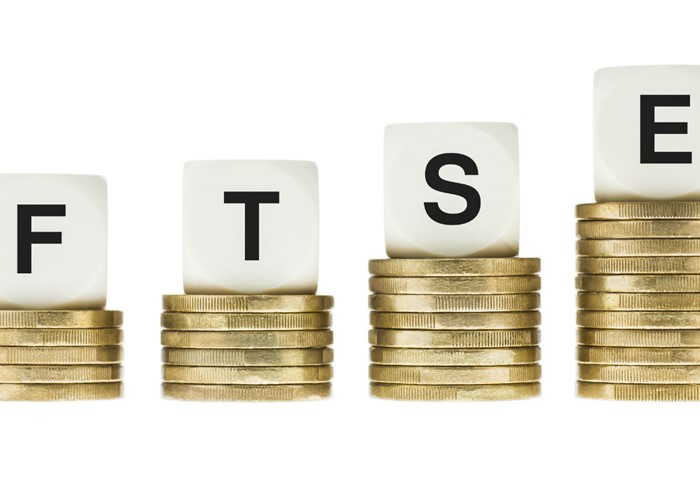Paper share certificate fees ‘rip-off’

There's a huge difference between the cheapest and most expensive places to sell paper share certificates.
Millions of us still have paper share certificates, with many dating from the privatisation of the likes of British Gas and, of course, British Telecom. But if you want to sell them and you don't shop around you could end up paying a small fortune.
Many high street banks want a very big cut, in many cases large enough to wipe out much of your gains.
In fact it is almost impossible to sell these shareholdings without surrendering sizeable sums in broking charges.
Here are how some of the charges compare.
High-street dealing
First up, here are the share-dealing charges levied by six of the UK's biggest high-street banks and building societies. The following table is sorted from lowest to highest minimum dealing fees for paper-based trading by telephone or post, whichever is cheaper:
|
Service/provider |
Percentage fee |
Minimum fee |
Cost of a £250 trade |
|
Nationwide BS (Stocktrade) |
1% (no maximum) |
£15 |
£15 |
|
Barclays Stockbrokers |
1.75% (first £15,000) |
£25 |
£25 |
|
Lloyds |
Tiered fees from £27.50 to £87.50 |
£27.50 |
£27.50 |
|
Santander |
Tiered fees from £60 to £100 |
£60 |
£60 |
|
NatWest Stockbrokers |
1.35% (first £15,000) |
£75 |
£75 |
|
HSBC |
N/A |
N/A |
N/A |
As you can see, HSBC no longer offers a certificated share-dealing service, so investors cannot deal in paper certificates at this big bank, whether in person or by telephone.
The biggest rip-off on the high street comes from NatWest, which charges a minimum fee of £75. Santander is also shockingly expensive, with minimum fees ranging from £60 to £100.
At the other end of the scale, Nationwide BS charges a minimum dealing fee of £15 on deals worth up to £1,500. This gives it the cheapest certificated share-dealing service of the firms listed above.
Well-known brokers
Now let's take a look at the cheapest certificated share-dealing services from six leading stockbrokers:
|
Service/provider |
Percentage fee |
Minimum fee |
Cost of a £250 trade |
|
Computershare |
1% (minimum £20), plus £50 |
£70 |
£70 |
|
TD Direct Investing |
£12.50, plus £50 |
£62.50 |
£62.50 |
|
Equiniti Shareview |
1.5% up to £50,000 |
£50 |
£50 |
|
Hargreaves Lansdown |
1% on first £10,000, plus £20 |
£40 (£20 plus £20) |
£40 |
|
The Share Centre |
1% |
£25 |
£25 |
|
ShareDeal Active |
Flat-rate of £19.50 |
£19.50 |
£19.50 |
As you can see, three brokers charge £50 or more for even the smallest certificated trade. At Computershare, selling any paper holding will cost you a minimum of £70, while TD Direct Investing's bare-bones fee is £62.50.
At the other end of the scale, ShareDeal Active charges a flat fee of £19.50 for certificated trades of any size. This makes it the second-cheapest broker in this survey, after Nationwide BS/Stocktrade.
Transfer and save
If you want to get the cheapest deal and aren't in a hurry, the best way to get rid of paper shareholdings is to transfer them into an online nominee account. The best brokers make no charge for these transfers, so you can turn paper certificates into electronic holdings at no cost. You can then make use of online dealing charges that can be below £5 per trade.
Comments
Be the first to comment
Do you want to comment on this article? You need to be signed in for this feature